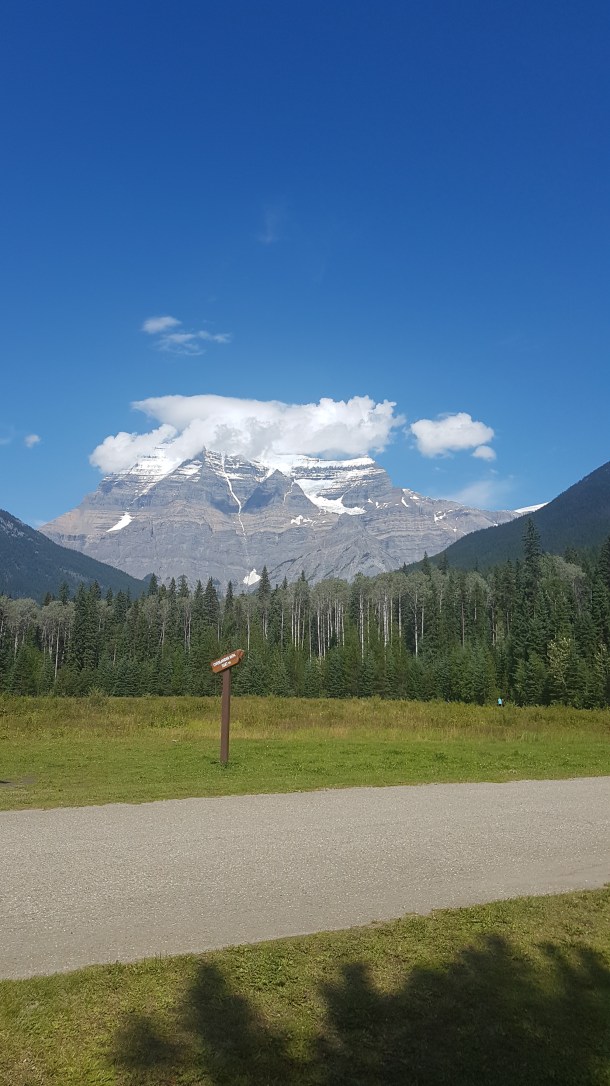via On Langston Hughes – Black History Month Tribute to a Great Poet
Melba posted a wonderful poem, Mother to Son, written by legendary African-American poet, Langston Hughes.
I used Langston Hughes’s poetry in our poetry unit each year. The metaphor of life as a staircase, sometimes smooth and other times unevern, seemed to fit junior high students. My students responded to it well.
Another aspect of including his work and Maya Angelou‘s poetry was around the issue of civil rights. In Grade 7, we read the book The Cay, by Theodore Taylor who dedicated it to Martin Luther King shortly after he was assassinated, about the relationship of a young white boy and an elderly black man to discuss what being well-educated meant. I included my mother’s line, which was “who would you rather be lost in the wilderness, someone who read about it or an indigenous person, with no schooling, who lived it?”
In Grade 8, we exoplored civil rights through the lens of heros. I let students choose, but some struggled with this choice. Knowing my students well, I introduced them to Jackie Robinson, Willie O’Ree, and Wilma Rudolph, if they were interested in sports. Others, who came from religious families, I encouraged them to consider Martin Luther King and Mother Teresa. If they were interested in people who stood for the rights of the oppressed, but might not be considered a religious person we talked about Nelson Mandela and Mahatama Gandhi. Regardless, I found, when I tapped into who each student was, colour, ethnicity, and gender dissolved and wonderful projects emerged.
Another Hughes’s poem we read was Dream Deferred, is sprinked with questions from beginning to end:
What happens to a dream deferred?
Does it dry up
Like a raisin in the sun?
Or fester like a sore–
And then run?
Does it stink like rotten meat?
Or crust and sugar over–
like a syrupy sweet?
Maybe it just sags
like a heavy load.
Or does it explode?
Here, is a video of the poem read by the poet.






